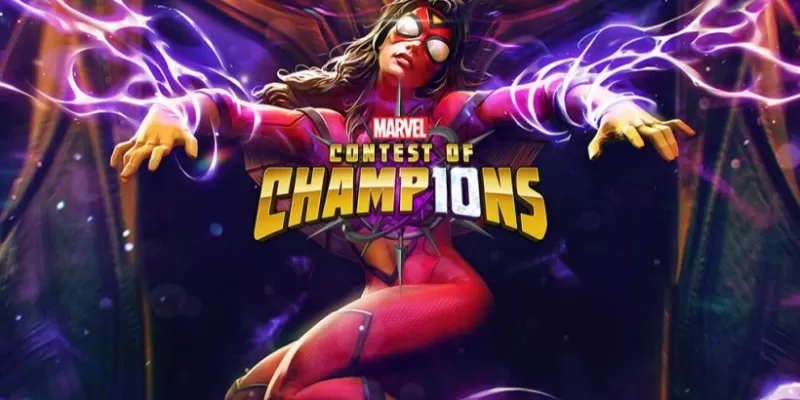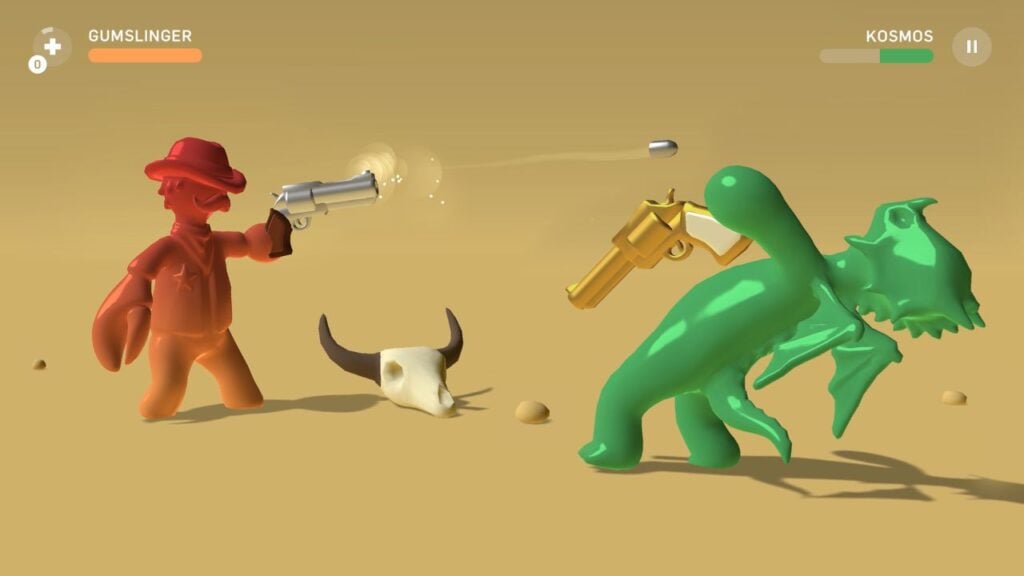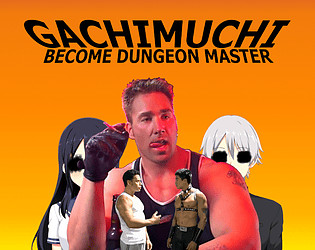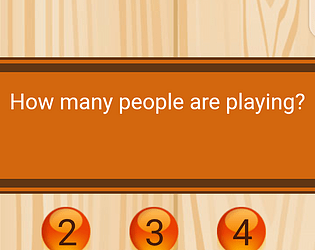The God of War series has been a PlayStation mainstay for four console generations. Kratos' vengeful journey, beginning in 2005, has defied expectations, thriving where other long-running franchises faltered. This longevity stems from a willingness to adapt. The 2018 reboot, a pivotal moment, transplanted Kratos from Ancient Greece to Norse mythology, dramatically altering gameplay and presentation. Even before this acclaimed shift, Sony Santa Monica subtly refined the series, ensuring its continued success.
Future success hinges on reinvention. Director Cory Barlog hinted at potential Egyptian or Mayan settings, and recent rumors suggest an Egyptian setting is a possibility. Ancient Egypt's rich culture and mythology offer fertile ground, but a new setting is merely a starting point. Future installments must creatively reimagine the core elements that defined the Greek trilogy, building upon the strengths of the critically acclaimed Norse games.
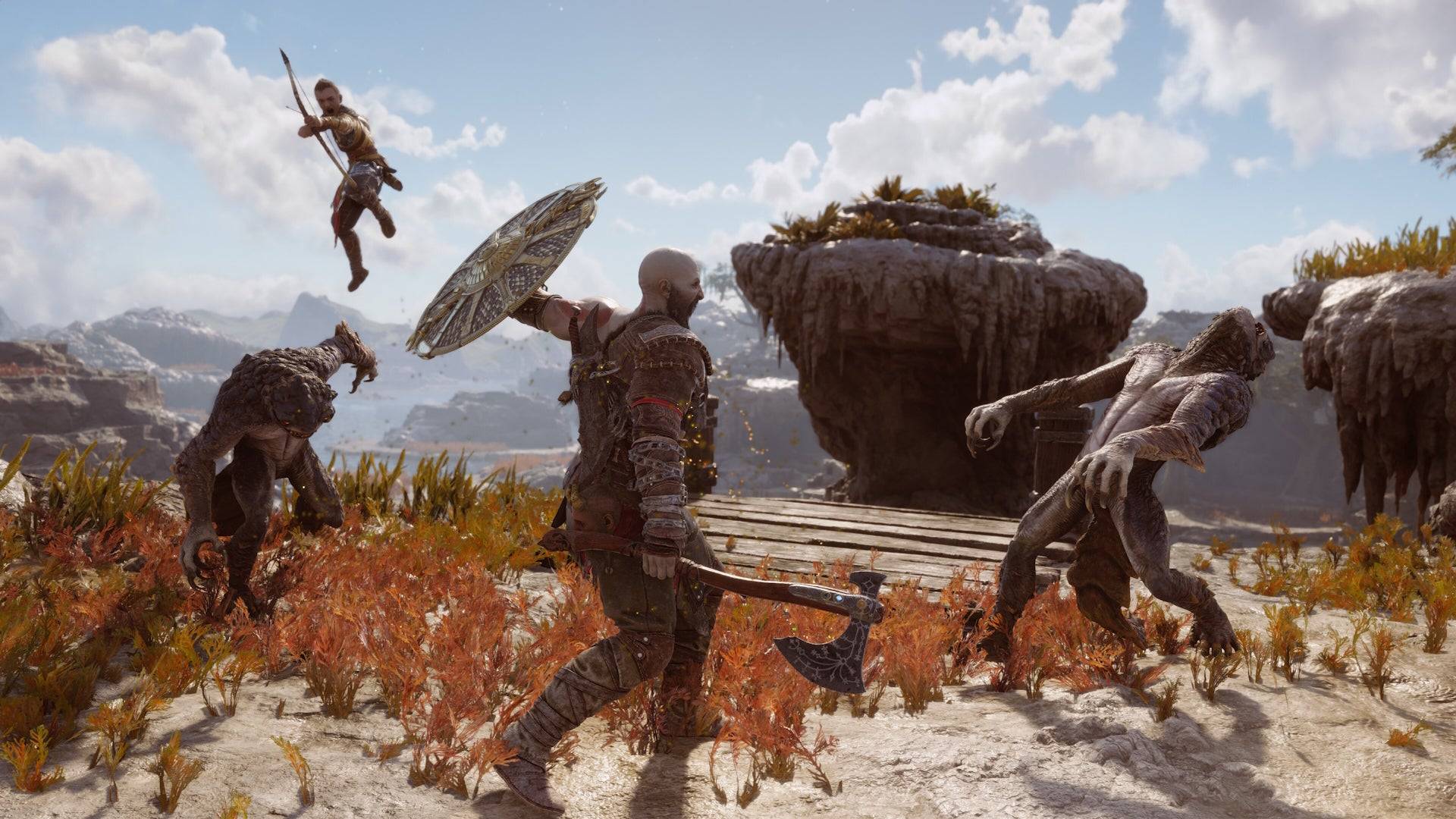
The Greek trilogy, spanning a decade, progressively refined its hack-and-slash combat, culminating in God of War 3's polished mechanics. Kratos wielded a refined magic system, complementing melee combat, and faced increasingly challenging enemies. The PlayStation 3's enhanced power enabled improved camera angles, showcasing the game's impressive graphics.
The reboot, however, jettisoned some defining elements. The Greek trilogy's platforming and puzzle elements were largely absent in the Norse games, due in part to the new over-the-shoulder camera perspective. Puzzles persisted, but were adapted to the adventure-focused design.
Valhalla, the God of War Ragnarök DLC, notably revived battle arenas, a feature of the original trilogy, adapting them to the Norse setting. This mirrored the narrative, which saw Kratos confront his past in Valhalla. The return to Greek roots, both mechanically and narratively, provided a satisfying narrative closure.
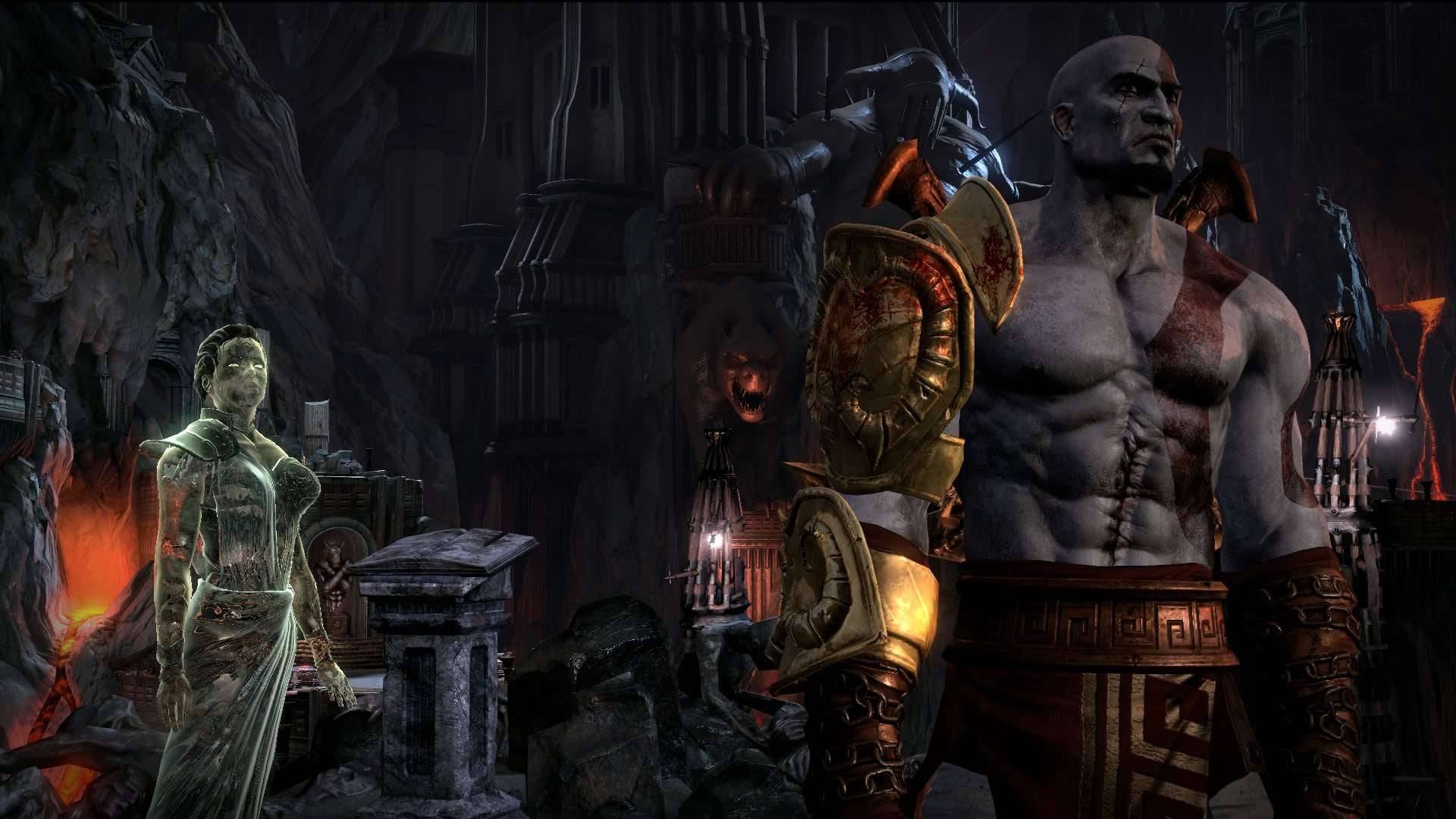
Beyond reinterpreted elements, the Norse games introduced significant innovations: the Leviathan Axe's throwing mechanics, a parry system enhanced by diverse shields, and Ragnarök's fast-paced magical spear. These tools facilitated exploration across the Nine Realms, each with unique enemies, visuals, and characteristics.
The most striking difference lies in storytelling. The Norse duology delves into Kratos' grief and his complex relationship with Atreus, a far cry from the original trilogy's more brutal narrative. This emotive approach contributed significantly to the Norse era's success.
God of War's evolution reflects a unique approach to franchising. The Norse games aren't viewed as sequels, but as extensions of Kratos' journey. This perspective should guide future installments.
Reinvention isn't guaranteed success. Assassin's Creed's frequent shifts in setting and time period, while profitable, haven't consistently resonated with fans across generations. The shift to open-world RPGs, while introducing new elements, also diluted the series' core identity, leading to criticism of content bloat and a departure from its assassin roots.
Assassin's Creed Mirage, a recent attempt at course correction, offered a return to the series' origins, receiving positive feedback. Assassin's Creed Shadows continues this trend, focusing on stealth gameplay.
AnswerSee ResultsAssassin's Creed's experience highlights the risk of abandoning a series' core strengths. God of War, however, masterfully navigated this challenge. The Norse games, while a radical departure, retained Kratos' compelling character and the series' core combat mechanics. New additions enhanced the foundation, deepening the lore without sacrificing identity. Future installments must continue this approach.
Future God of War games, regardless of setting, must build upon this success. While the Norse games prioritized combat, future iterations will likely be judged on their storytelling. Kratos' character development, from rage-filled monster to complex father and leader, is a testament to the series' narrative strength. Future installments must build upon this, while simultaneously introducing bold, memorable innovations.

